Most authors would undoubtedly be satisfied with the legacy of Harry Potter: hundreds of millions of books sold, a film franchise, untold riches – and a place in the hearts and minds of children for generations to come. But after creating the fantasy of Hogwarts, J.K. Rowling did something even greater; she stood up for reality in a world where many do not seem to understand the difference between fact and fiction.
Rowling’s views on gender have been divisive – but the author insists in a forthcoming podcast, The Witch Trials of JK Rowling, which starts next week, that she has been misunderstood by fans who ‘feel that she has let them down in discussions about gender’. As the transgender debate becomes ever more febrile, it is perhaps worth reflecting on what she has actually said.
Rowling was right about what was unfolding in the gender debate
Rowling first came to the attention of the transgender thought police in March 2018 when she ‘liked’ what her detractors saw as the wrong sort of tweet. The following summer, she had the audacity to follow the wrong sort of woman online: Magdalen Berns, a co-founder of For Women Scotland, who was dying of brain cancer at the age of 36.
But the witch hunt started in earnest in December 2019. That was when Rowling came out in support of Maya Forstater, a researcher who lost her job at a think tank after sending tweets saying people cannot change their biological sex. Rowling was right about what was unfolding in the gender debate: it wasn’t a drill – the issue was urgent and serious. Across society, reality was being eclipsed by fantasy.
Back in 2018, Rowling’s representative blamed a ‘clumsy and middle-aged moment’ for liking that tweet that referred to transgender women as ‘men in dresses’. But a year on, when the Forstater case hit the headlines, there was no going back. Those of us who know that wishful thinking is no basis for law and policy heaved a sigh of relief. Rowling, the author of fantasy, became the champion of reality; she also became a lightning rod for hate.
But Rowling wasn’t put off by the reaction. In July 2020, as the UK emerged from the first lockdown, she published her reasons for speaking out on sex and gender issues. Anyone under the misapprehension that Rowling is anything other than a compassionate woman who cares about both women’s rights and trans rights, needs to ignore the ranting from baying mob and read what Rowling actually said:
‘I believe the majority of trans-identified people not only pose zero threat to others, but are vulnerable for all the reasons I’ve outlined. Trans people need and deserve protection. Like women, they’re most likely to be killed by sexual partners. Trans women who work in the sex industry, particularly trans women of colour, are at particular risk. Like every other domestic abuse and sexual assault survivor I know, I feel nothing but empathy and solidarity with trans women who’ve been abused by men.’
As a transsexual, I know who I trust to look out for my rights: not the fantasists who think transwomen are women, but those who understand the truth, no matter how inconvenient it might be. Transwomen are not women; we are the opposite sex to women. But, crucially, we do not need to be women in order to be protected and respected in society. Rowling gets that. She is also willing to say it out loud and not be cowed by the mob. For that I am grateful.
In a 90-second trailer to the podcast, Rowling pointed out that she had never set out to upset anyone:
‘What has interested me over the last ten years, and certainly the last two or three years, particularly on social media [is the view that] ‘You’ve ruined your legacy’ . . . ‘You could have been beloved forever but you chose to say this’. And I think, ‘You could not have misunderstood me more profoundly’.’
Rowling doesn’t elaborate in the trailer but, in my mind, she doesn’t need to. Given the choice between a legacy for creating Harry Potter, or a legacy for defending some of the most vulnerable people in the real world, there really is no contest.
As Rowling wrote in her essay:
‘It would be so much easier to tweet the approved hashtags – because of course trans rights are human rights and of course trans lives matter – scoop up the woke cookies and bask in a virtue-signalling afterglow. There’s joy, relief and safety in conformity.’
But conformity to a falsehood – that deep down we all know is wrong – can never bring that satisfaction of doing the right thing, and knowing that you have done the right thing. To many of us there is no need to choose between legacies. We admire Rowling for both her literary genius and her moral courage.
Got something to add? Join the discussion and comment below.
Get 10 issues for just $10
Subscribe to The Spectator Australia today for the next 10 magazine issues, plus full online access, for just $10.

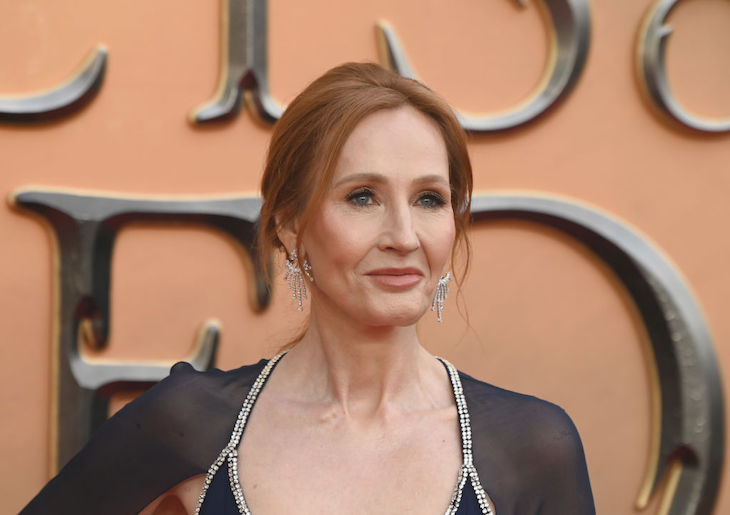
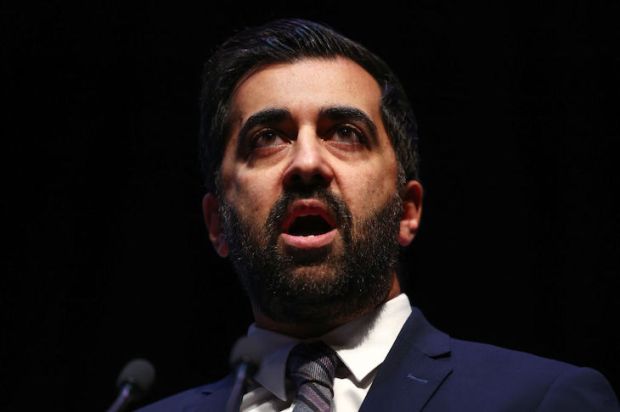
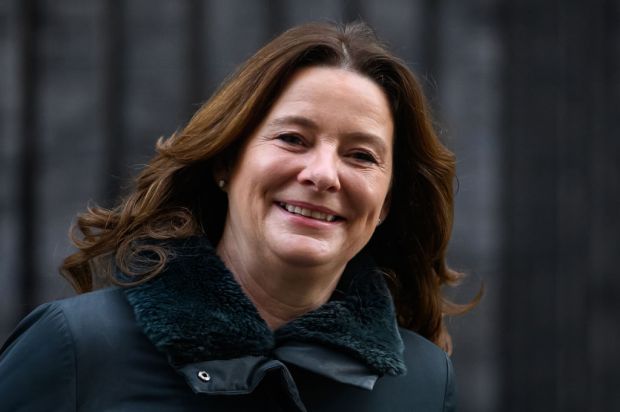
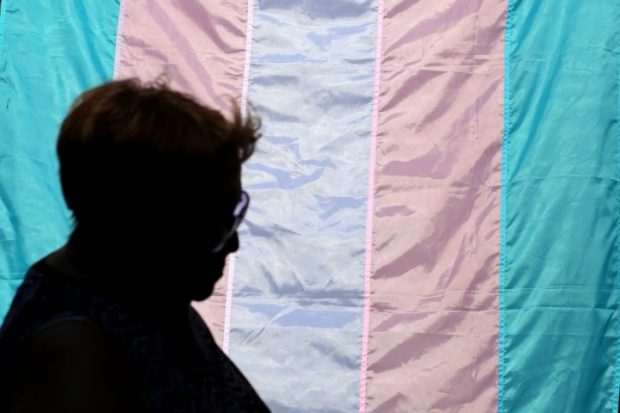
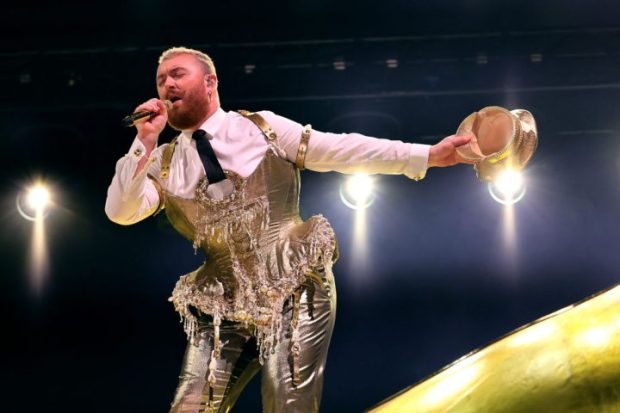

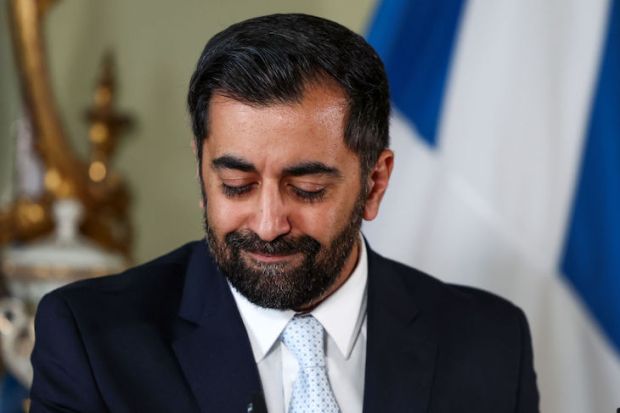












Comments
Don't miss out
Join the conversation with other Spectator Australia readers. Subscribe to leave a comment.
SUBSCRIBEAlready a subscriber? Log in